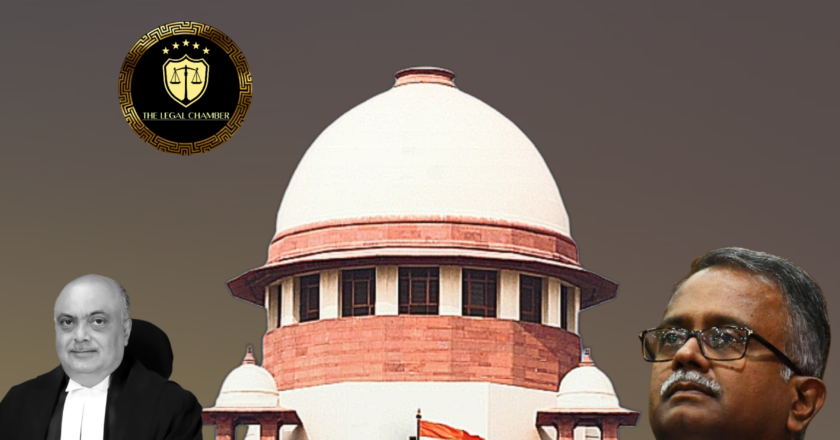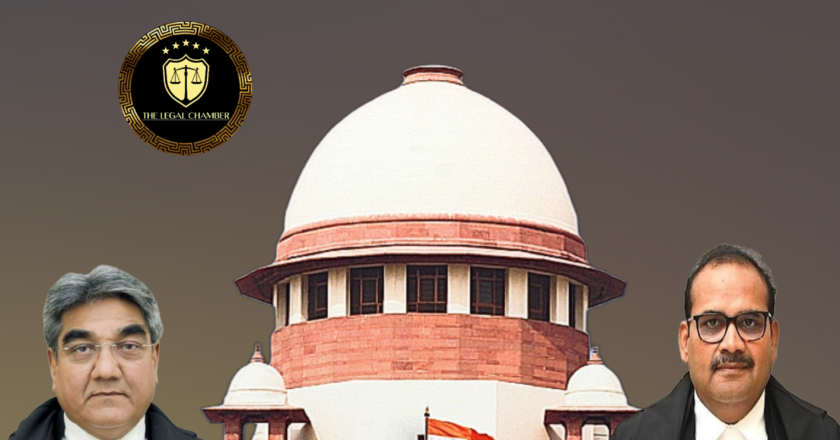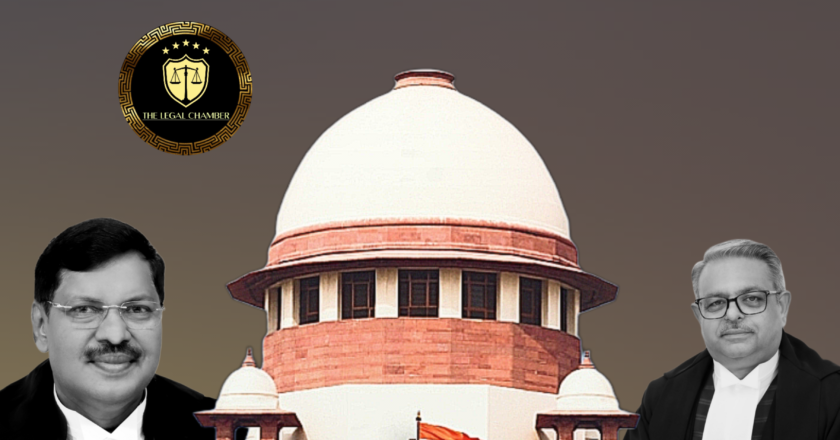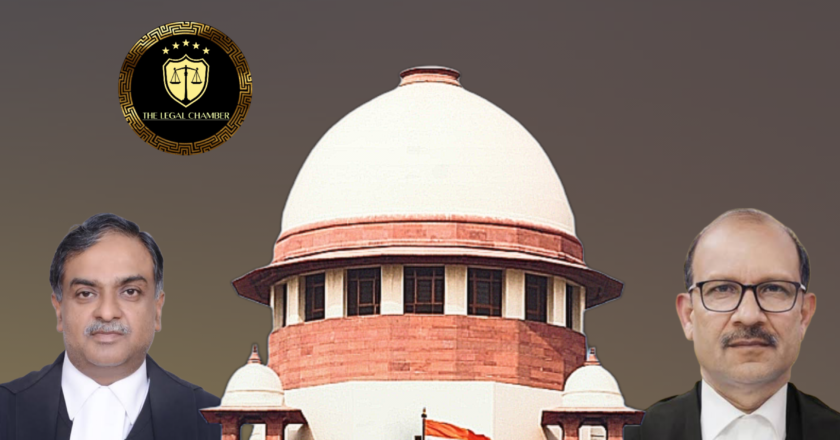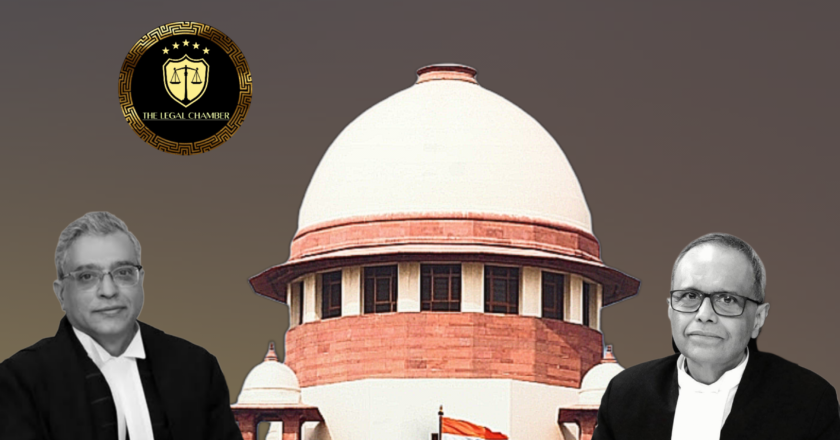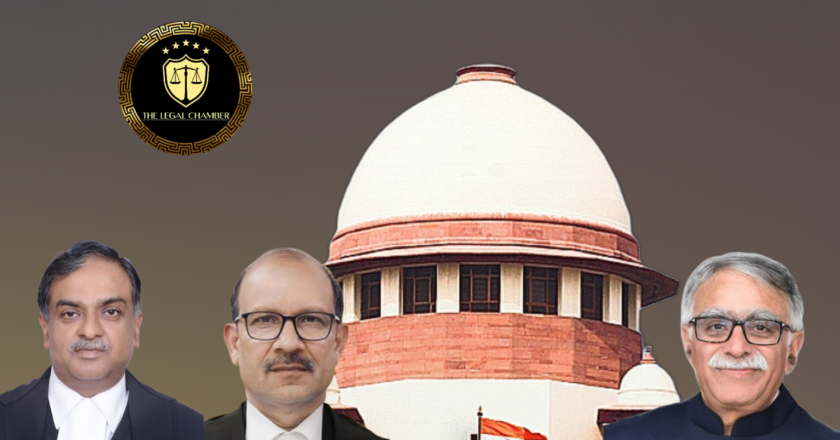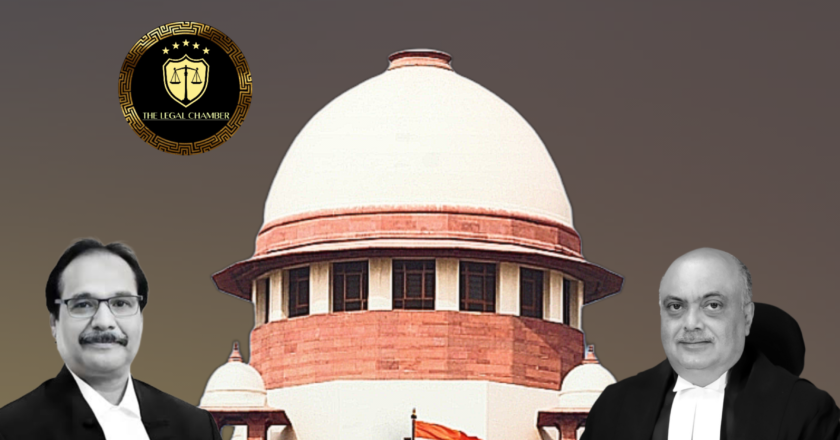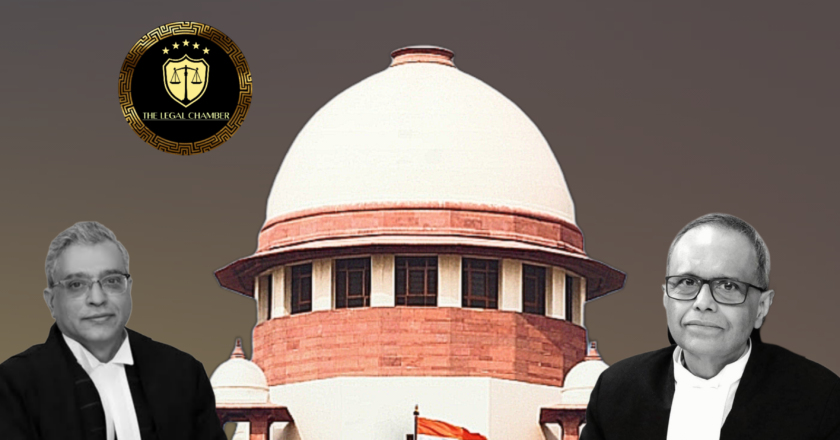Supreme Court Cancels Bail in Cheating Case, Slams Accused for “Misleading Courts”
The Supreme Court set aside the bail orders, emphasizing that the grant of bail must consider the totality of circumstances, including the accused's conduct and antecedents. The Court held that lower courts erred by ignoring relevant factors and precedents, and by granting bail mechanically without proper application of mind to the material on record.
Facts Of The Case:
The appellant, M/s Netsity Systems Pvt. Ltd., filed a criminal complaint alleging that the accused respondents, a husband and wife, had cheated them of ₹1.9 crores by promising to transfer a piece of land that was already mortgaged and sold to a third party. An FIR was subsequently registered. The accused sought anticipatory bail, and the High Court granted them interim protection for nearly four years, during which media...
